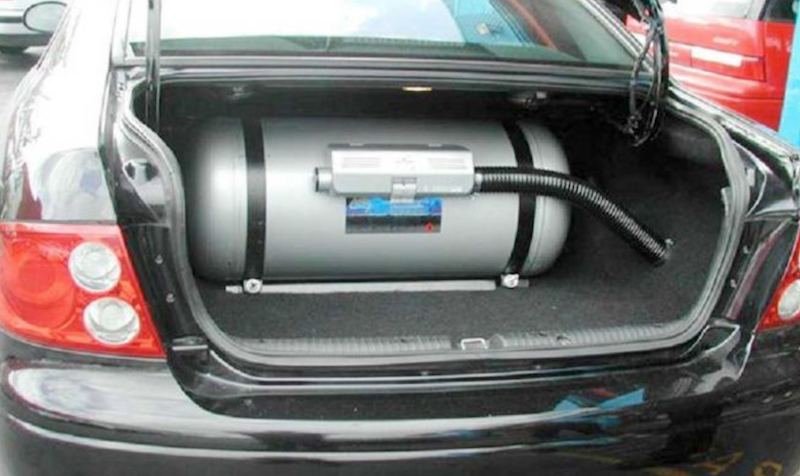The federal government has clarified that it is adopting only Compressed Natural Gas (CNG) in its transition away from using “costly and dirtier petrol and diesel”.
TheNewsGuru.com (TNG) reports Mr Bayo Onangu, Special Adviser on Information and Strategy to President Bola Tinubu made the clarification on Thursday after Malaysia announced moves to phase out gas-powered vehicles in their country.
It was Malaysia’s Transport Minister, Loke Siew Fook who made the announcement, disclosing that gas-powered vehicles known as natural gas vehicles (NGVs) in the country, will no longer be accepted for registration from July 1 2025.
Speaking at a news conference in Kuala Lumpur, Fook also noted that Petronas, Malaysia’s national oil and gas company will not be selling gas to NGVs at its petrol stations, starting from July 1 next year.
Malaysia had announced several measures aimed at phasing out the use of natural gas for vehicles and gas-powered vehicles in the country.
Fook explained that this was for the safety of road users and the public. He said many of these vehicles were dual-fuel operated and that the NGV kits were installed between 1995 and 2014.
“The NGV tanks of these vehicles are now reaching the end of their service life and need to be replaced,” Fook said, adding that NGV tanks typically have a safe usage period of 15 years.
The Minister said there were also some car owners who had modified their vehicles to use Liquefied Petroleum Gas (LPG) cylinders, which he said are very dangerous.
“These have caused explosions during accidents before,” Fook revealed.
The Malaysian Minister insisted that gas-powered vehicles would be phased out in the country to prevent misuse or for any illegal modification to be carried out on them as this would endanger the public.
Reacting to the development in Malaysia, Onanuga explained that only CNG is approved for gas vehicles in Nigeria and that it is far safer.
The presidential spokesman further explained that NGV covers both CNG and LPG and that Nigeria in its transition has adopted CNG only and not both because of LPG valid safety and cost concerns.
Onanuga wrote: “The Malaysian issue speaks more to the safety of LPG NOT safety of CNG. In the original report, government transport minister Anthony Loke said:
“There are also some car owners who have modified their vehicles using liquefied petroleum gas (LPG) cylinders, which are very dangerous.”
“The report also spoke about the safety of 15 year-old CNG cylinders. NGV covers both CNG and LPG. Nigeria in its transition has adopted CNG ONLY not both because of LPG valid safety and cost concerns
“Malaysia basically had an unsuccessful transition away from costly and dirtier petrol and diesel. Conversion of 45,000 vehicles in 15 years (less than 0.2%) is not enviable unlike India, China, Iran and Egypt.
“The end of 15 year CNG tank cycle means they need to replace tanks and it was easier/cheaper to scrap their program and continue with their petrol than to do so if they had not built tank manufacturing capacity which Nigeria is already developing in year one”.



